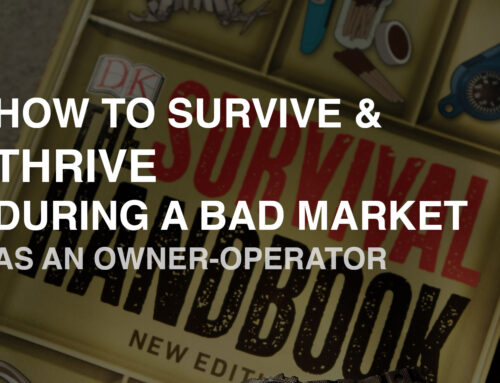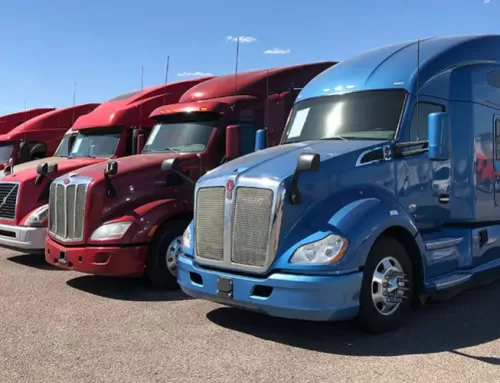
Entering the world of owner-operators in the trucking industry can be both exciting and challenging. Choosing the right truck is a critical decision that will significantly impact your success and profitability. In this comprehensive guide, we provide essential factors to consider when buying your first truck, ensuring that you make the best choice for your needs and budget.
Buying a semi truck for business
As an owner-operator in the trucking industry, your foremost goal should be to identify and invest in a truck that perfectly complements your specific business requirements. Start by carefully evaluating the primary purpose of your truck: will it be utilized for long-haul, regional, or local routes? Understanding the nature of your operations is crucial in making an informed decision.
Next, consider the type of cargo you plan to transport. Will you be handling refrigerated goods, hazardous materials, dry van loads, or heavy machinery? The nature of your cargo will significantly influence your choice, as different types of freight necessitate specialized equipment and features to ensure safe and efficient transportation.
Once you have a clear understanding of your operational and cargo requirements, you can begin to pinpoint the right type, size, and features that your truck must possess. For instance, long-haul routes may require a truck with a larger fuel capacity, a sleeper cabin, and advanced telematics systems for route optimization and real-time monitoring. On the other hand, if you’re primarily operating within urban environments, maneuverability and lower emissions may be more important considerations.
Buying a new semi truck vs used
Deciding between purchasing a new or used truck is a critical step in the process of acquiring a truck for business use. Each option comes with its own unique set of advantages and disadvantages that must be carefully considered to make the best choice.
New trucks are equipped with the latest technology and features, ensuring that you have access to cutting-edge performance and safety systems. They also come with a manufacturer’s warranty, which provides a level of protection and peace of mind against unexpected mechanical failures or defects. Additionally, new trucks often have lower maintenance costs in the early years of ownership, as their parts and components are in pristine condition.
However, the primary drawback of a new truck is the higher upfront cost. New vehicles tend to be more expensive, and they experience significant depreciation as soon as they leave the dealership. This means that you may face a substantial loss in value if you decide to sell or trade in the truck within the first few years of ownership.
On the other hand, used trucks are generally more affordable, making them an attractive option for those on a tighter budget. They have already experienced the bulk of their depreciation, which means their value will not drop as rapidly as a new vehicle. This can lead to potential cost savings in the long run, especially if you plan to keep the truck for an extended period.
However, used trucks do come with certain risks. They may have higher maintenance costs due to wear and tear on the vehicle’s parts and components. Additionally, the lack of a manufacturer’s warranty means you are responsible for any unexpected repairs or issues that may arise. A thorough inspection and maintenance history review is essential to avoid purchasing a used truck with hidden problems.
How much should I spend on my first semi?
When considering the purchase of a truck as an owner-operator, it is essential to establish a comprehensive and realistic budget that takes into account all the financial aspects involved in owning and operating a truck:
Assess your financial situation: Evaluate your current financial position, including personal savings, assets, liabilities, and credit score. Determine how much capital you have available for the initial investment and whether you will require financing.
Establish a budget: Create a detailed budget that includes the initial purchase price of the truck, insurance, registration, maintenance, fuel costs, and any other expenses associated with operating a trucking business, such as permits and licensing fees.
Research financing options: If you need financing, explore various options such as loans, leases, or lines of credit. Compare interest rates, terms, and conditions to find the best fit for your needs. Be sure to factor in any down payments and monthly installments into your budget.
Select a truck: Based on your budget and financing options, research and choose a truck that meets your requirements in terms of capacity, fuel efficiency, and reliability. Consider purchasing a used truck if it aligns with your budget and meets your operational needs.
Calculate potential income: Estimate your expected income based on factors such as average miles driven, freight rates, and the type of cargo you plan to transport. This will help you determine if your projected income can cover your expenses and generate a profit.
Plan for contingencies: Set aside an emergency fund to cover unexpected expenses or periods of low cash flow. This fund can be used to cover truck repairs, medical emergencies, or other unforeseen events that may impact your business.
Monitor and adjust your financial plan: Regularly review your financial plan and make adjustments as needed. This may involve refinancing your truck loan, renegotiating insurance rates, or finding ways to reduce operating costs.
Balancing power and costs
The engine size and type, as well as the transmission system, play a critical role in determining a truck’s performance, fuel efficiency, and maintenance expenses. It is important to carefully evaluate the balance between power, fuel efficiency, and overall cost when deciding on an engine and transmission combination. When exploring your options, you will likely come across diesel engines.
There are several significant diesel engine manufacturers in the Class 8 truck market that are worth mentioning: Cummins, Detroit Diesel, and Volvo. Each manufacturer has distinct features and factors that can impact your decision.
Cummins is a well-established name in the industry due to its reliable and durable engines. They provide a range of engine options with varying power outputs and fuel efficiency levels. These types of engines are often favored for their strong performance, fuel economy, and extensive service network, which contributes to lower maintenance costs.
Detroit Diesel is another leading manufacturer. Their engines are known for their advanced technology, including integrated engine-brake systems, which enhance vehicle control and reduce wear on the service brakes. These engines are often favored for their robust performance and long-term durability.
Volvo is recognized for incorporating advanced features like variable geometry turbocharging and advanced electronic engine management systems, which optimize performance and reduce emissions.
While diesel engines dominate the Class 8 market, it is worth mentioning the emergence of electric trucks. Tesla has ventured into the commercial truck market with its electric truck called the Tesla Semi. Although this offers impressive acceleration and environmental benefits, its limited range makes it more suitable for local or regional work rather than long-haul transportation. It is essential to consider factors such as charging infrastructure and operational requirements when evaluating the viability of electric trucks for your specific needs.
When it comes to transmission systems, manual transmissions are typically lighter, more fuel-efficient, and offer more control to the driver, but they also require more skill and experience to operate effectively. Automatic transmissions, on the other hand, provide a more user-friendly experience and can deliver smoother gear changes, but may be less fuel-efficient and have higher maintenance costs.
Reliability and maintenance
By thoroughly researching the track record of different trucks in terms of performance, longevity, and frequency of repairs, you can make a more informed decision and minimize potential issues and expenses down the road. Prioritize trucks that have a reputation for dependability and low maintenance costs, as these factors will directly impact your operational efficiency and profit margins.
In addition to reliability, consider the availability of parts and services within your operating region. This is crucial, as having easy access to necessary components and skilled technicians will significantly reduce downtime and ensure your truck stays in optimal working condition. Analyze the network of dealerships, service centers, and parts suppliers in the areas where you’ll be conducting business, and choose a truck make and model that is well-supported in those regions.
By investing time and effort into researching the various aspects of truck reliability, maintenance costs, and regional support networks, you can make a more informed decision when buying a truck as an owner-operator. This will ultimately contribute to the overall success of your business by minimizing unforeseen issues and expenses, maximizing uptime, and ensuring your truck remains a reliable and efficient asset on the road.
Conclusion
In conclusion, entering the world of owner-operators in the trucking industry requires careful planning and informed decision-making to ensure success and profitability. By thoroughly researching and analyzing all these factors, you can make well-informed decisions that set you up for a prosperous and rewarding career in the trucking industry.







